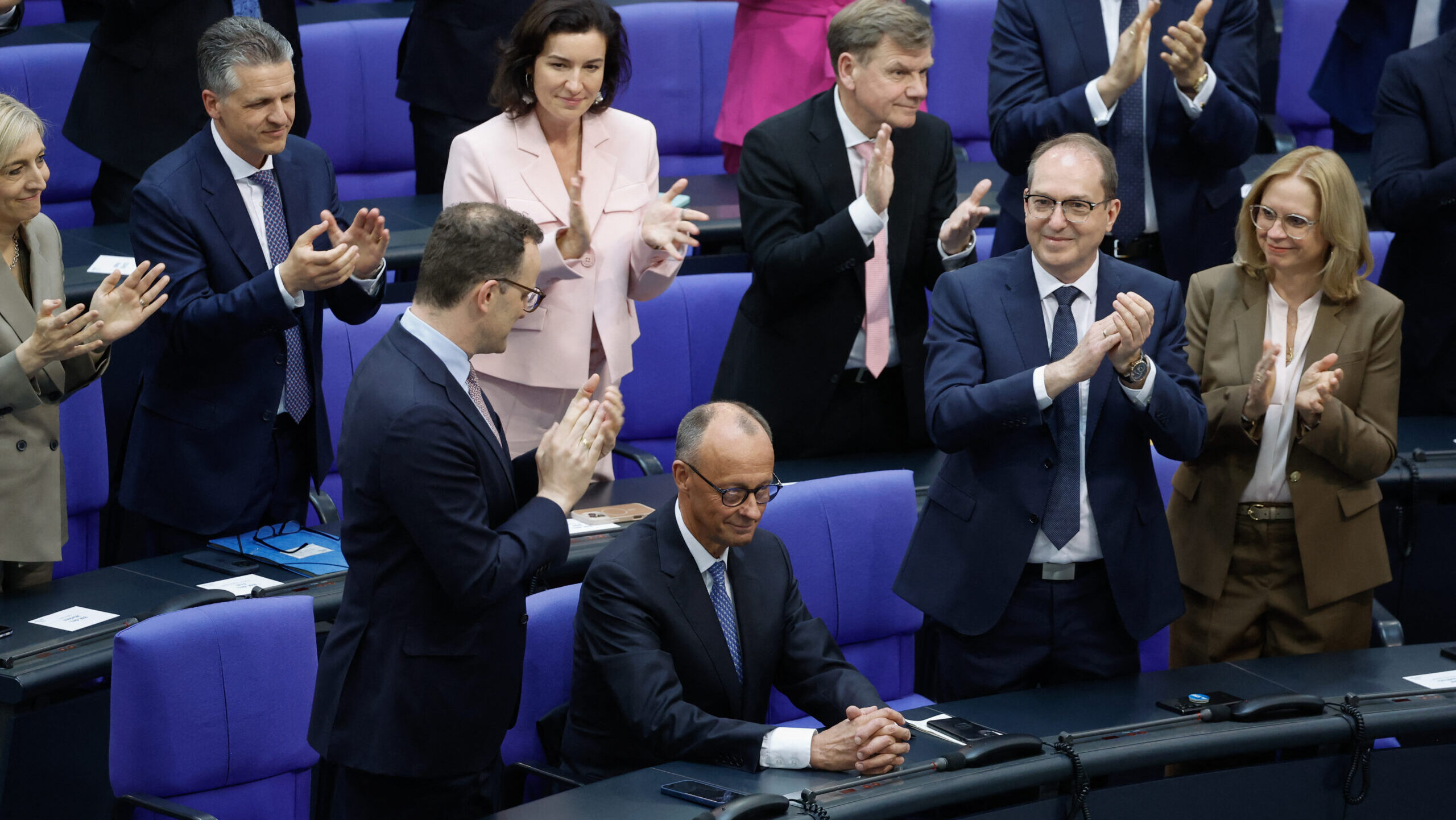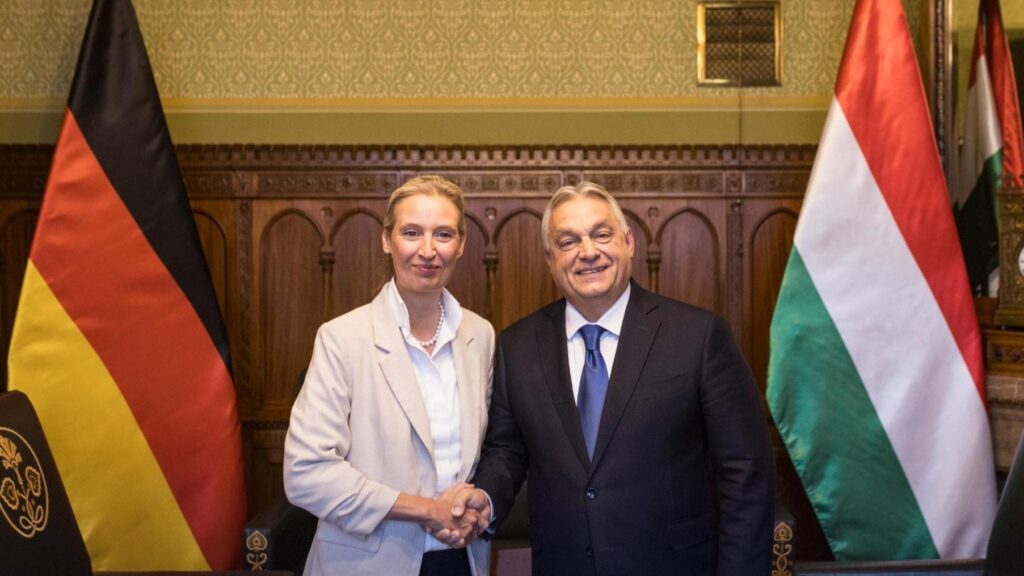Friedrich Merz was elected Chancellor of Germany by the Bundestag after securing an absolute majority of 316 votes in the second round of voting on Tuesday. The leader of the Christian Democratic Union (CDU) failed to win the first ballot, marking a historic moment, as no other chancellor-designate in Germany’s post-war history had previously required a second vote.
In the first round, Merz garnered only 310 votes—six short of the absolute majority required in the 630-member Bundestag. The Merz-led coalition of the CDU/CSU and the Social Democratic Party (SPD) holds a 12-seat majority following the early election on 23 February, indicating that Merz lost 18 votes from within his own coalition in the first ballot. In the second round, a total of 325 lawmakers voted for Merz.
The second-largest party in the Bundestag, the right-wing anti-immigration Alternative für Deutschland (AfD), called for Merz to step down and trigger snap elections following the CDU leader’s historic first-round defeat. ‘We are ready for government and call for common sense to prevail,’ AfD co-chair Alice Weidel declared after the ballot.
‘Merz lost 18 votes from within his own coalition in the first ballot’
The seriousness of the situation was underscored by Deutsche Welle, which reported that ‘behind the scenes, the shock was deep’, noting that even the Greens were unwilling to support Merz in securing an absolute majority.
Merz is already under pressure, having failed to deliver on several key election promises outlined in the coalition agreement with the SPD. These include the introduction of significantly stricter migration policies and a commitment to fiscal discipline—specifically, avoiding new public debt. Both pledges have already been compromised, causing a sharp decline in Merz’s and his party’s popularity before even taking office.
AfD has recently overtaken the CDU as the most popular party in Germany, polling at 26 per cent—a gain of six points since the election—while CDU support has dropped to 24 per cent, a five-point decline since February.
Related articles:







